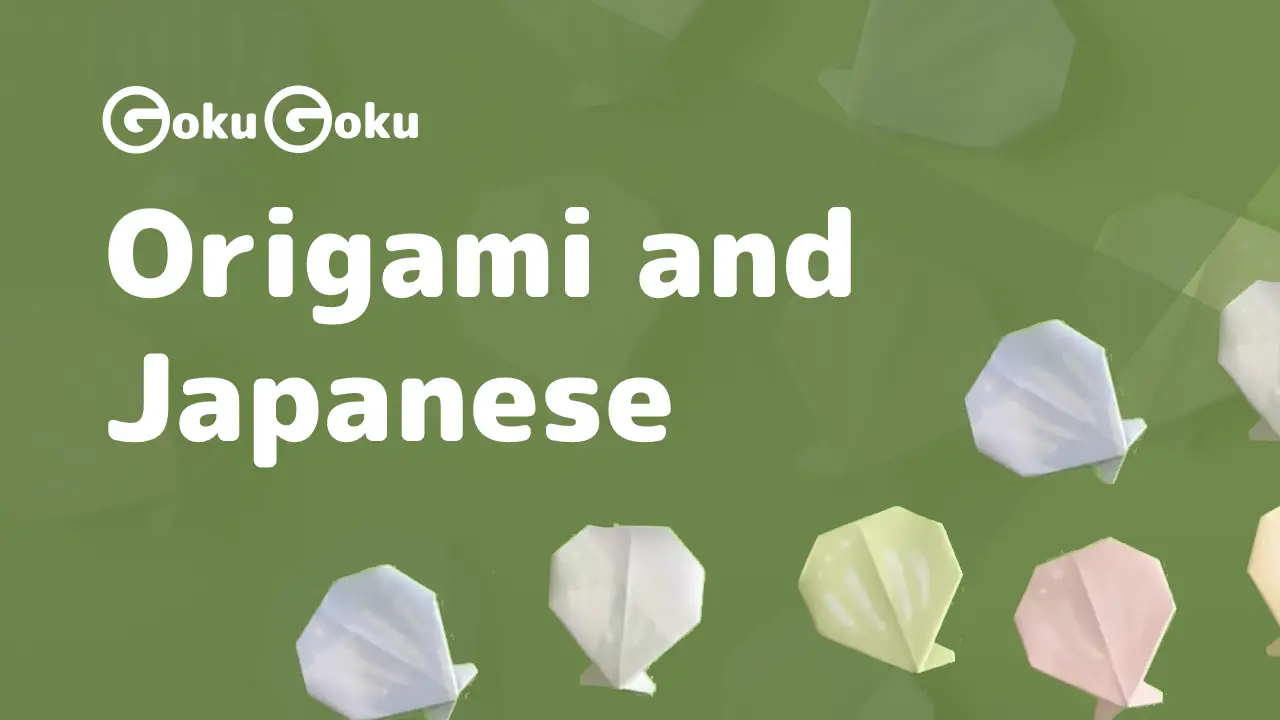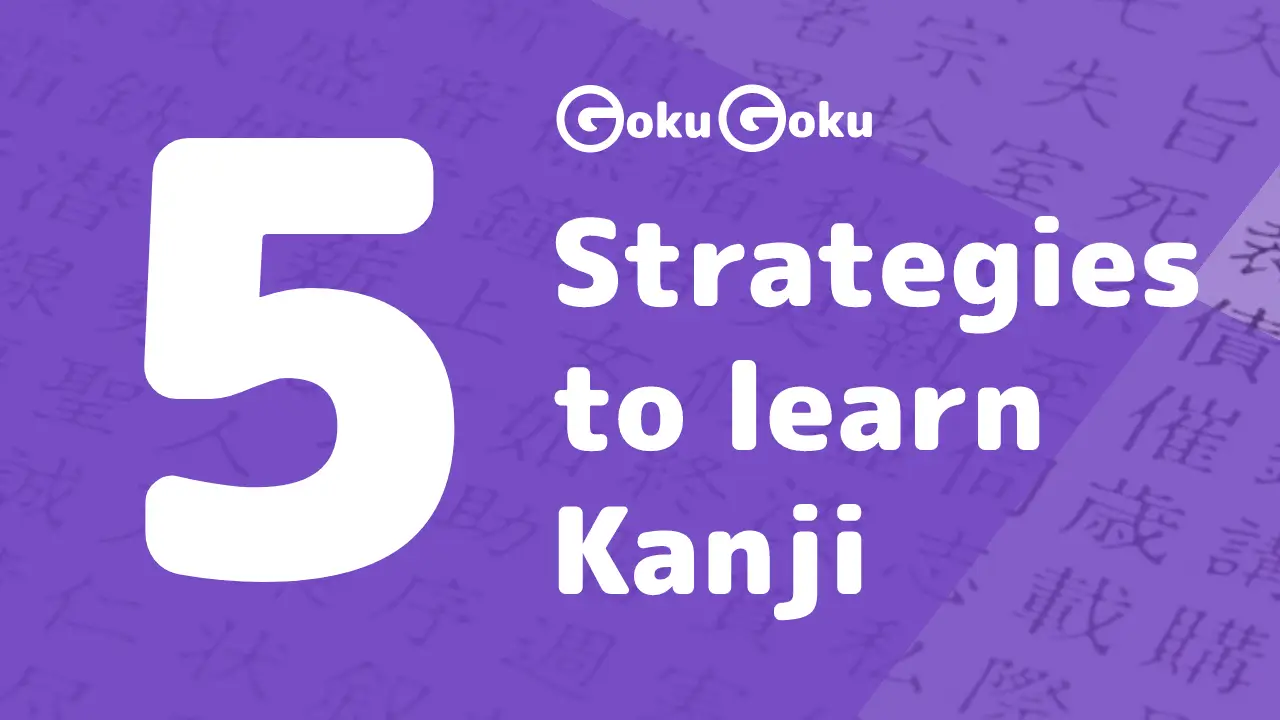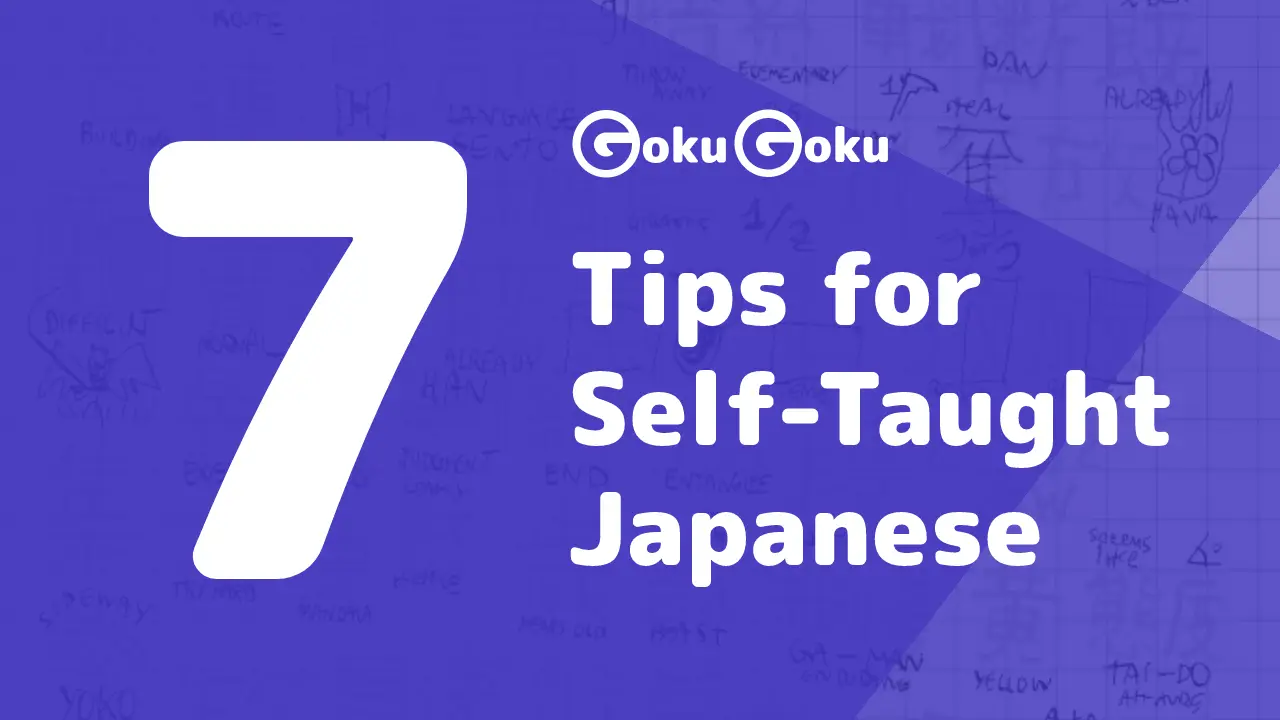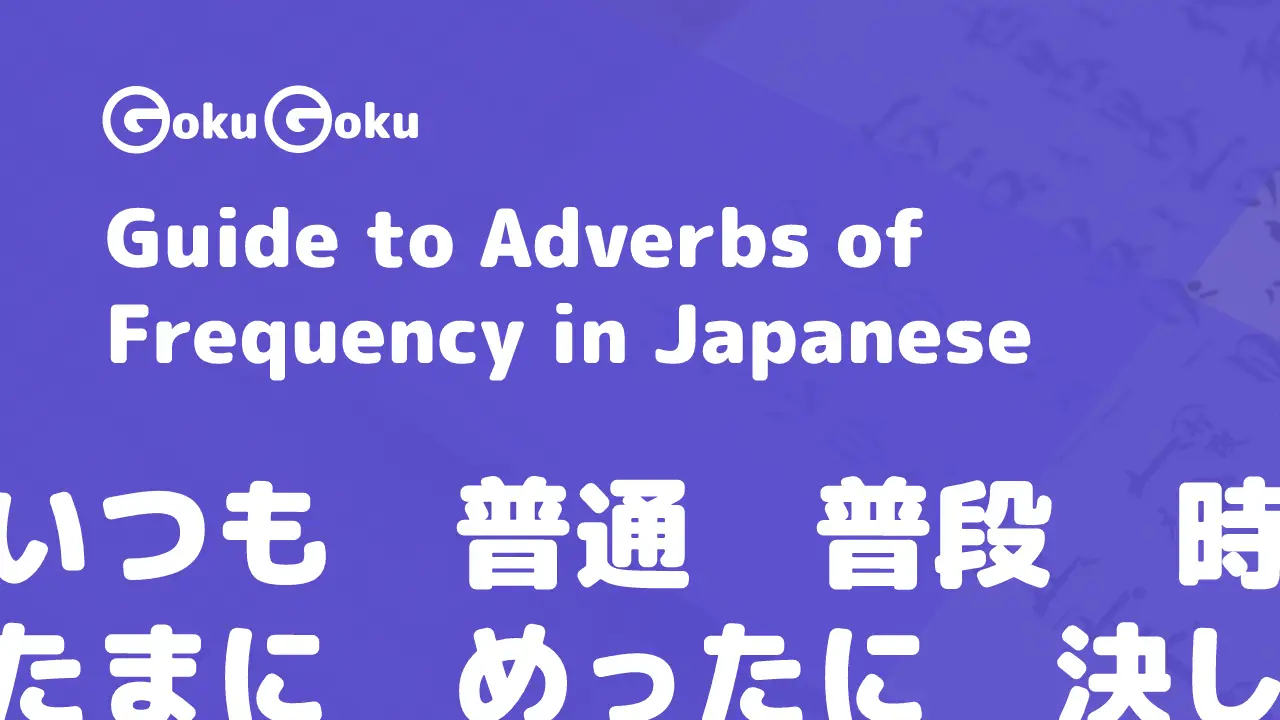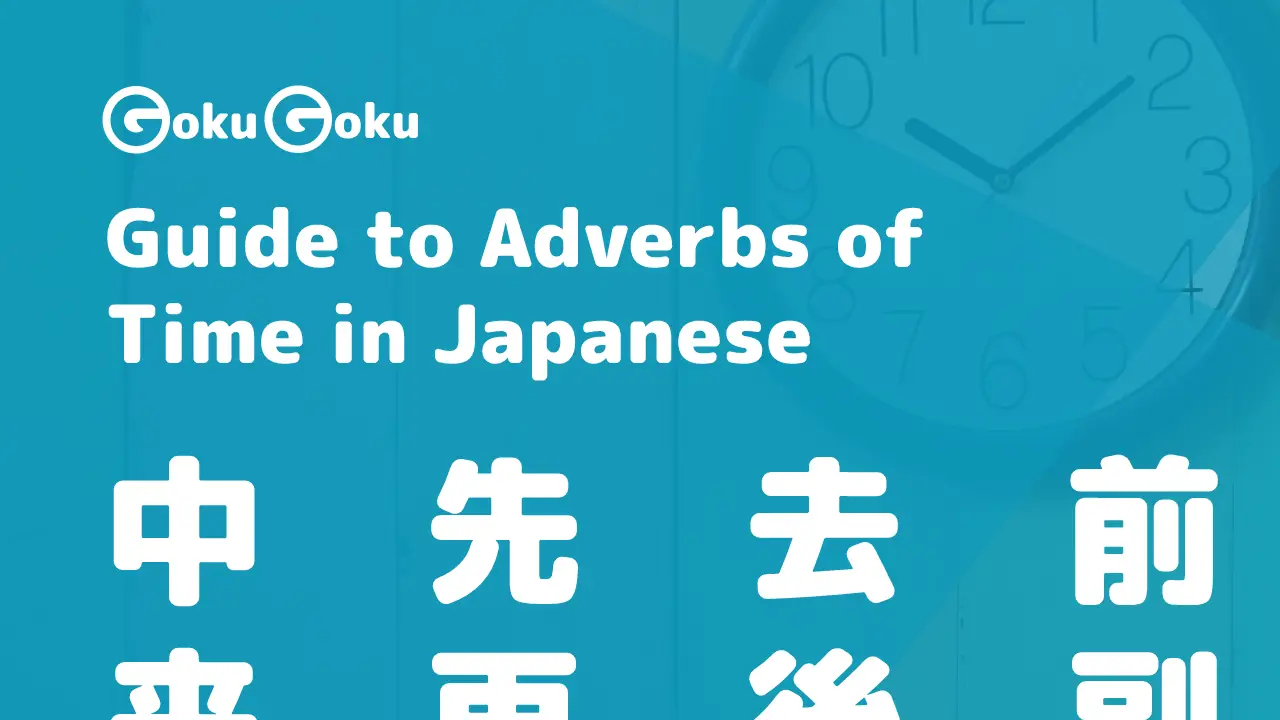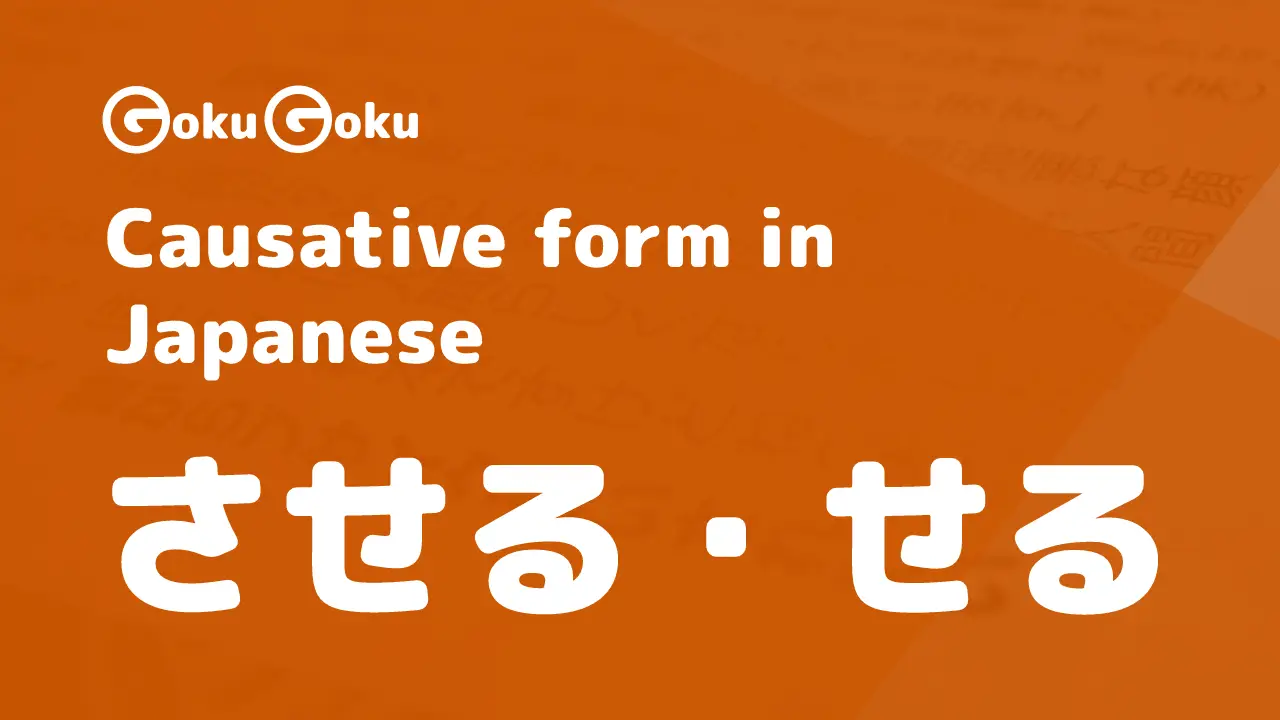Dakuten, Handakuten and Contracted Sounds - Japanese Hiragana
Anna Baffa Volpe
Get in touch with me今日は、welcome back!
How did you find the first part of the syllabary ひらがな?
Were you able to identify the various characters and recognise them in the different words?
We studied together the part of the Hiragana table about pure sounds, the vowels and the double consonants.

We are now able to read words such as:
おかあさん
motherおとうさん
fatherいもうと
younger sisterおとうと
younger brotherおねえさん
older sisterおにいさん
older brotherいとこ
cousinこうこう
high schoolようちえん
kindergartenこうえん
parkにわ
gardenいえ
houseきつね
fox
Read until the end of the post to check the readings in Rōmaji of the words in the list above.
Today we have a look at new sounds: the Impure, Semi-pure and Contracted sounds.
We won't learn any new syllables or characters. We will use the characters we studied already with some adjustments. These will vary the reading of the first characters, but not change their symbol.
Hiragana Syllabary: Dakuten
We begin with two new signs that placed after the character to change its pronunciation:
The first diacritical sign is represented by two inverted commas or quotation marks called dakuten (in slang tenten) meaning point, dots or nigori that means "impurity, muddy or torbid"
These inverted commas are written at the top right of the characters and only in the following series:
series か
series さ
series た
series は

As in the first part of the Hiragana reading I report the _transcription in _ that you can see in bold letters.
Series ga が
が ga
ぎ gi
ぐ gu
げ ge
ご go
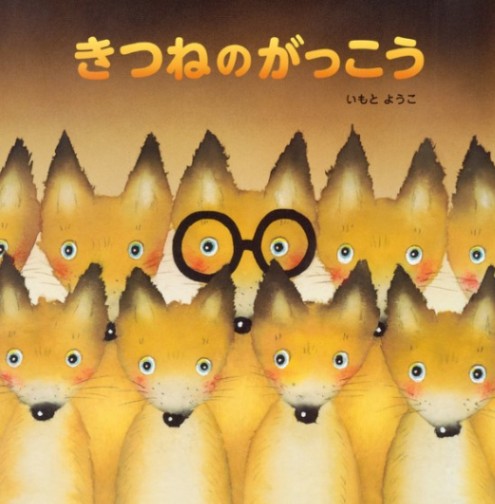
がくせい gakuse
student.あげる ageru the verb to
give.ありがとうございます arigatō gozaimasu
thank youまんが manga japanese
comics,mangaおよぐ oyogu the verb to
swim.むぎmugi the
wheatやまがた Yamagata name of a Japanese prefecture
Series za ざ
ざ za
じ ji
ず zu
ぜ ze
ぞ zo

かぜkaze
windじかん jikan
timeみずうみ mizūmi
lakeかざり kazari '
ornament, 'decorationぞう zō '
elephantしみずさん Shimizu san Mr. Shimizu
Series da だ
だ da
ぢ ji
づ zu
で de
ど do
Words with the ぢ ji character are very few; for the sound ji the じ character is more common
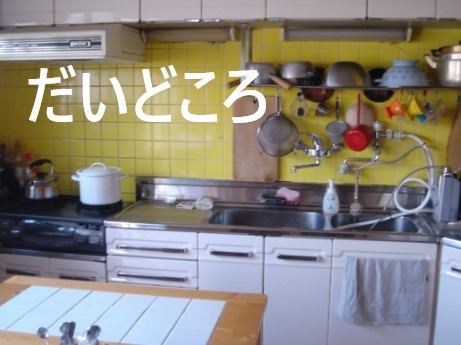
ともだち tomodachi
friend,friendsだいず daizu
soyつづき tsuzuku the verb to
continueでんわ denwa
phoneどうぞ dōzo
please!はねだくうこう Haneda kūkō one of the airports in Tōkyō along with なりたくうこう Narita kūkō
Series ba ば
ば ba
び bi
ぶ bu
べ be
ぼ bo
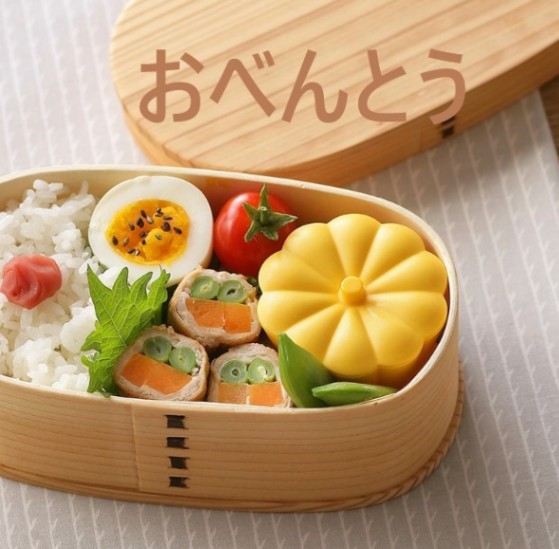
おぼえる oboeru the verb
rememberえび ebi the
shrimpsへび hebi the
snakeおばあさん obāsan
grandmotherほぼ hobo adverb
about,approximatelyにほんぶえ Nihonbue the Japanese flute
かびん kabin
vaseたちばな Tachibana Japanese surname
Hiragana Syllabary: Handakuten
As we can see there are no new syllables, we go over the pure characters already studied by adding only the ten ten.
The second sign is represented by a ゜ dot always placed in the top right of the character, called handakuten or maru, which means circle and is only used with the series ha
series pa ぱ
ぱ pa
ぴ pi
ぷ pu
ぺ pe
ぽ po
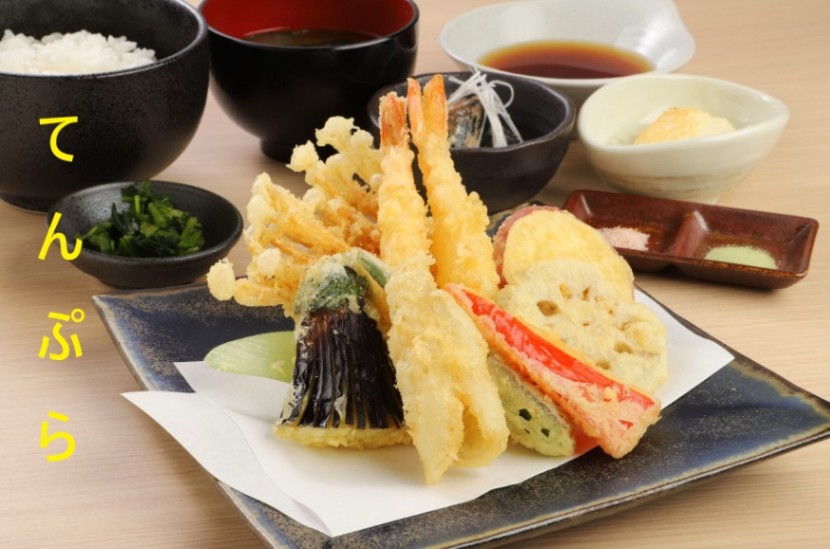
かんぱい kanpai to make a toast in Japan,
cheers!かっぱ Kappa kappa, Japanese mythological creature that dwells in rivers, ponds, water
しんぴてきな shinpiteki na
mysteriousべっぷおんせん Beppu onsen the Hot Springs baths in Beppu (Kyūshū island)
がっぺい gappei
union,fusion
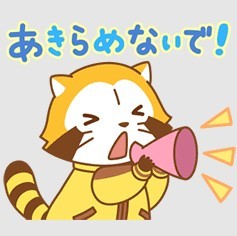
An expression the Japanese love and use a lot, as do fans and lovers of manga and anime: akiramenaide never give up!
あきらめないで
Don't give up!
Hiragana Syllabary: contracted sounds
The last step to complete the whole syllabary are contracted sounds.
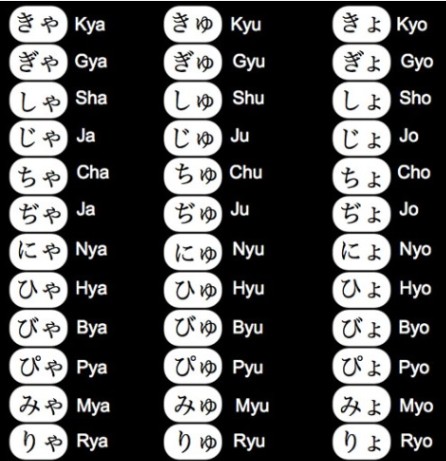
The contracted sounds are combinations of the syllables ending in "i" with the three characters や, ゆ, よ
kya series きゃ
き + や = きゃ kya
き + ゆ = きゅ kyu
き + よ = きょ kyo
As we notice, the three syllables や, ゆ, よ are transcribed in the bottom right-hand corner and are smaller than the main character.
What happens if I write the three characters ya, yu, yo with the same size as the first? The word acquires another meaning, if the term exists of course.
For example:
きょう: kyō the meaning is today
きよう: kiyō the meaning is skillful
In the first case, the sounds defined as contracted are shorter and faster in pronunciation, whereas in the second they are distinct and marked.

きょうかい kyōkai
churchゆうびんきょく **yūbinkyoku
post officeきゅうに kyū ni avverbio
suddenlyおきゃくさま o kyaku sama
customer
gya series ぎゃ
ぎ + や = ぎゃ gya
ぎ + ゆ = ぎゅ gyu
ぎ + よ = ぎょ gyo
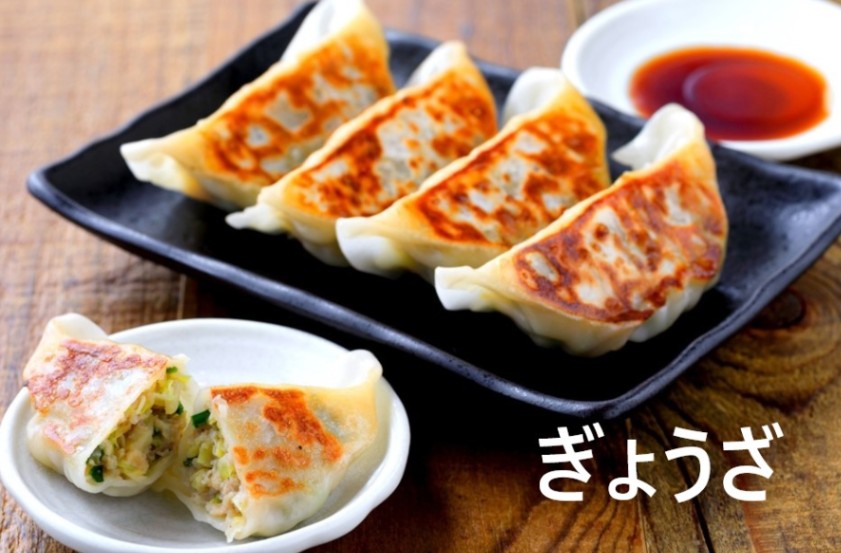
Gyōza dumplings filled with ground meat and vegetables and wrapped in a thin dough
ぎゅうにく gyūniku
beefきぎょう kigyō
entreprise,businessぎゃくに gyaku ni adverb
on the contrary
sha series しゃ
し + や = しゃ sha
し + ゆ = しゅ shu
し + よ = しょ sho
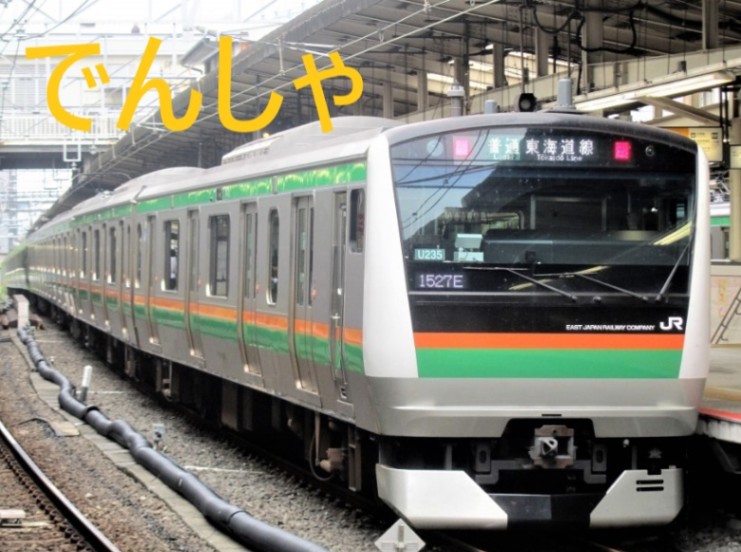
いしゃ isha
doctorしょうがっこう shōgakkō
primary schoolしゅくじつ shukujitsu
national holiday
ja series じゃ
じ + や = じゃ ja
じ + ゆ = じゅ ju
じ + よ = じょ jo

Manjū is a type of わがし, Japanese sweet, a small rounded dough, made with a mixture of wheat, rice flour, sugar and filled with あずき azuki bean jam, called あんこ anko.
じゅうどう jūdō Judo, the martial discipline
じゃがいも jagaimo
potatoひじょうに hijō ni adverb
extremely
cha series ちゃ
ち + や = ちゃ cha
ち + ゆ = ちゅ chu
ち + よ = ちょ cho
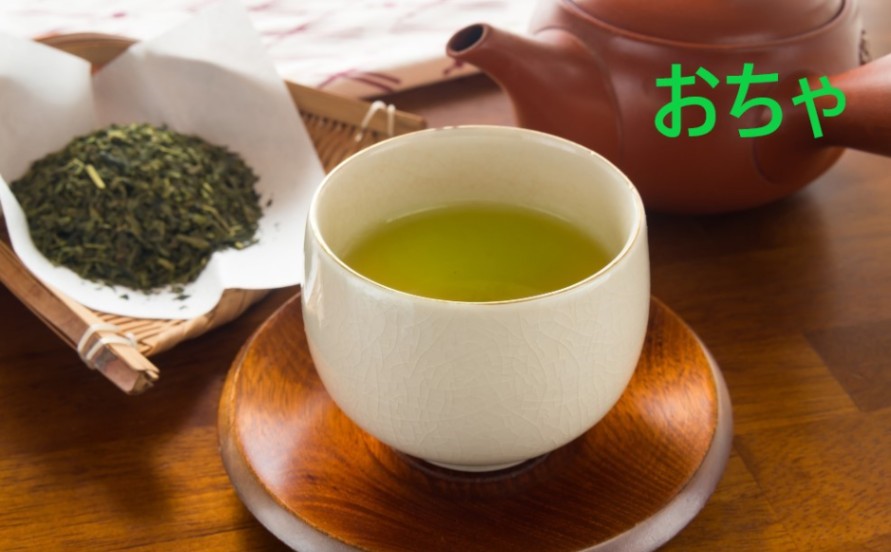
こうちゃ kōcha
black teaうちゅう uchū the
Universeぶちょう buchō
Head, Chiefof a section, of a department
ja series ぢゃ
ぢ + や = ぢゃ ja
ぢ + ゆ = ぢゅ ju
ぢ + よ = ぢょ jo
We have already found these three sounds with the series じゃ、じゅ、じょ whose use is prevalent in the words of the Japanese language. The ぢゃ series has very few applications.
ごはんじゃわん gohanjawan
rice bowlおだわらぢょうちん Odawarajōchin the lanterns of Odawara
There is an underlying phonetic rule in the use of the sound ji expressed by じ or ぢ, we will postpone this to another article, for now it is enough to learn mainly the じゃ, じゅ, じょ series for the sounds ja, ju and jo.
nya series にゃ
に + や = にゃ nya
に + ゆ = にゅ nyu
に + よ = にょ nyo
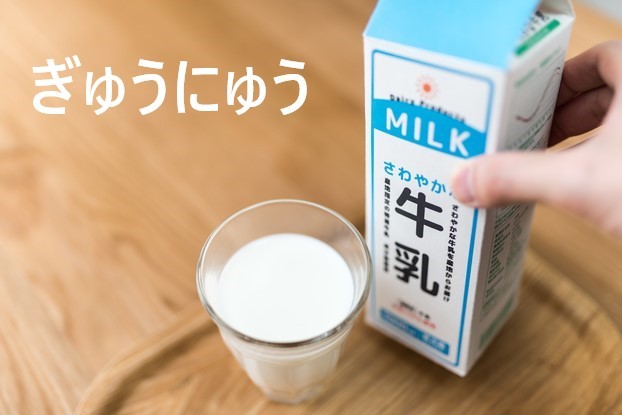
にゅうがくしけん nyūgaku shiken School Entrance Test
にょうぼう nyōbō
wifeこうにゅう kōnyū
purchase
hya series ひゃ
ひ + や = ひゃ hya
ひ + ゆ = ひゅ hyu
ひ + よ = ひょ hyo
Remember for this series that the letter h is an aspirated sound.

ひょうごけん Hyōgo ken the prefecture of Hyogo
ひゃく hyaku the number 100
bya series びゃ
び + や = びゃ bya
び + ゆ = びゅ byu
び + よ = びょ byo

さん san the number
3びゃく byaku, comes from hyaku
100えん en the japanese currency
yenさんびょう san byō
3 minutesびゃくだん byakudan
white sandalwoodびゅうろん byūron mistaken opinion
pya series ぴゃ
ぴ + や = びゃ pya
ぴ + ゆ = びゅ pyu
ぴ + よ = びょ pyo
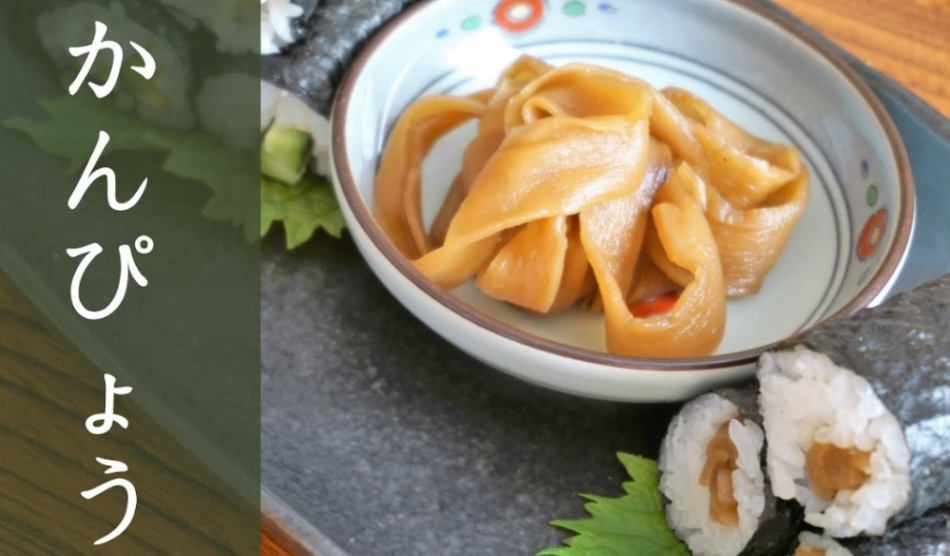
Kanpyō strips obtained from the bottle gourd, cut thinly and dried. They have various uses in Japanese cooking (わしょく) as in まきずし rice rolls seasoned and wrapped in nori seaweed.
はっぴゃく happyaku the number
800はっぴょう happyō
announcement
mya series みゃ
み + や = みゃ mya
み + ゆ = みゅ myu
み + よ = みょ myo
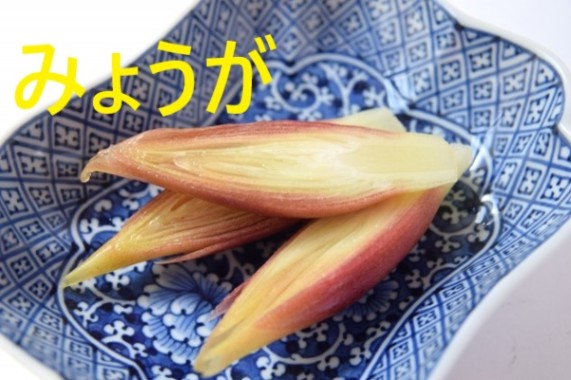
Myōga variety of ginger, a very important ingredient in Japanese cooking, わしょく.
みょうにち myōnichi way along with ashita to translate the adverb
tomorrowじんみゃく jinmyaku the
personal conncetions
rya series りゃ
り + や = りゃ rya
り + ゆ = りゅ ryu
り + よ = りょ ryo
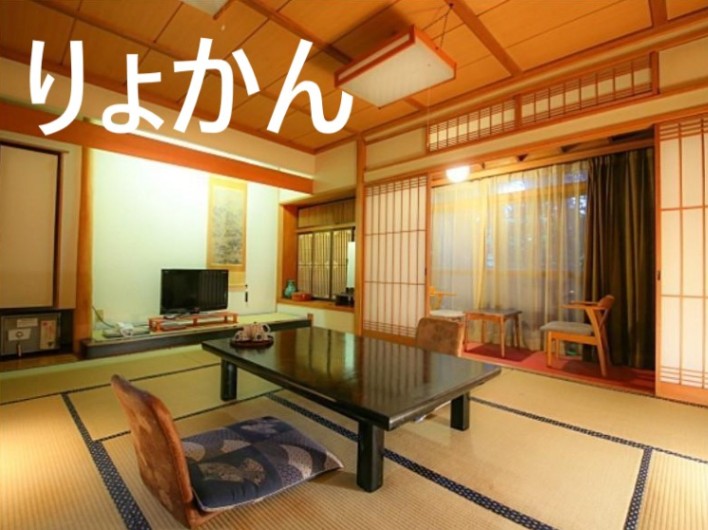
Ryokan traditional hotel, the Japanese-style inn
りょこう ryokō
journeyりゅう ryū the
Dragonりゃくする ryaku suru the verb to
omit, abbreviate
Rōmaji readings: exercise
おかあさん okāsan mother
おとうさん otōsan father
いもうと imōto younger sister
おとうと otōto younger brother
おねえさん onēsan older sister
おにいさん onēsan older brother
いとこ itoko cousin
こうこう kōkō High School
ようちえん yōchien kindergarten
こうえん kōen park
にわ niwa garden
いえ ie house
きつね kitsune the fox
If you've read this post and the previous one on Hiragana readings you are now able to read any word or sentence containing Hiragana!
Try practising now using japanese websites, blogs or any other way you can find on the web. Try to distinguish and read the words written in Hiragana.
